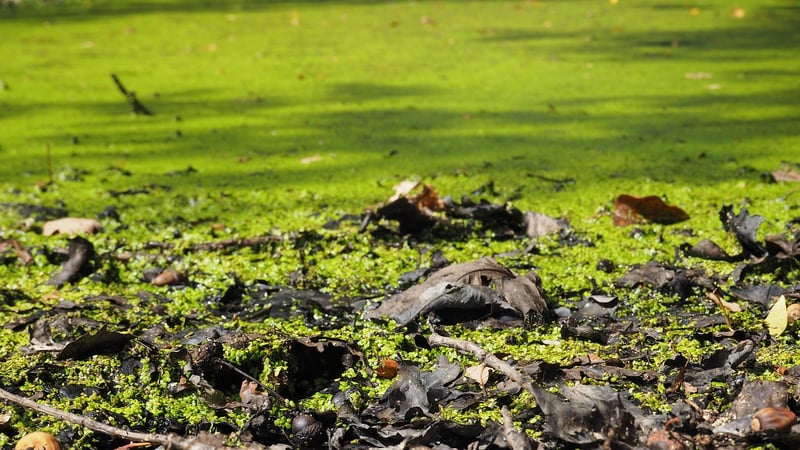Organic Matter
#sustainable gardening
#organic composting
#soil enrichment
The Importance of Organic Matter in Creating Nutrient-Rich Soil

Healthy soil is the foundation of successful gardening and farming. One crucial component that contributes to the fertility and structure of soil is organic matter. Organic matter in soil is made up of decomposed plant and animal materials, such as leaves, grass clippings, kitchen scraps, and manure.
Benefits of Organic Matter in Soil:
- Improves soil structure, allowing for better water infiltration and root growth.
- Enhances soil fertility by providing essential nutrients for plant growth.
- Increases soil biodiversity, promoting the growth of beneficial microorganisms.
- Helps retain moisture in the soil, reducing the need for frequent watering.
- Reduces soil erosion and compaction, improving overall soil health.
How to Increase Organic Matter in Soil:
- Compost: Create a compost pile using kitchen scraps, yard waste, and other organic materials. Compost adds valuable nutrients to the soil.
- Cover Crops: Plant cover crops like clover or legumes that can be turned into the soil to increase organic matter content.
- Manure: Apply well-aged manure from livestock or composted manure to enrich the soil with organic matter.
- Mulch: Use organic mulches like straw, wood chips, or leaves to protect the soil, retain moisture, and gradually add organic matter as they decompose.
By incorporating organic matter into your soil, you can create a nutrient-rich environment that supports healthy plant growth and sustains the ecosystem. Start enriching your soil today and reap the benefits of vibrant, thriving plants!
Image Source: Pixabay
